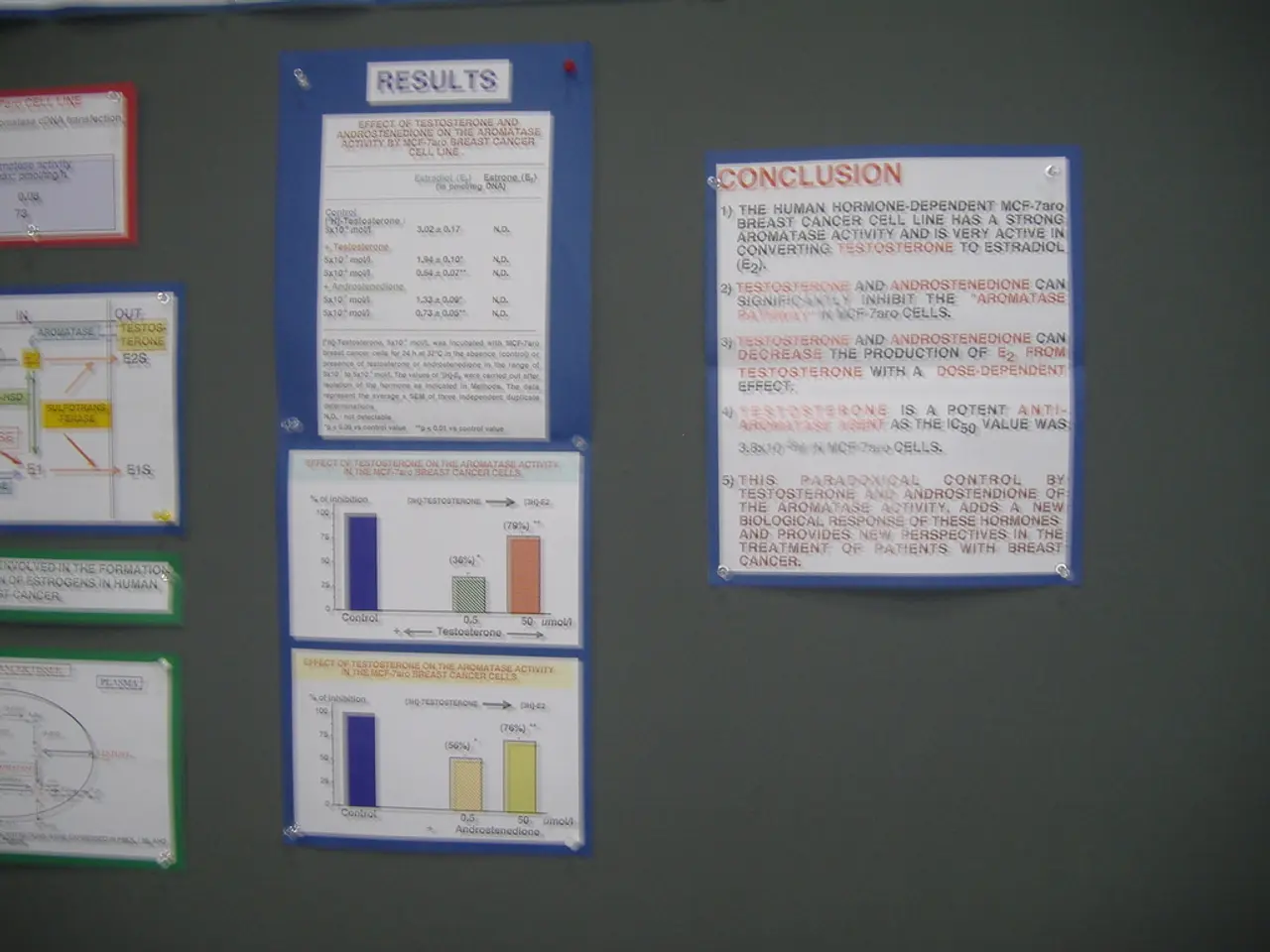Federal Director of the Consumer Financial Protection Bureau (CFPB), Vought, advocates for a substantial reduction in 'guidance' documents
Consumer Financial Protection Bureau Shifts Away from Guidance Documents
The Consumer Financial Protection Bureau (CFPB) has announced a significant change in its approach to regulatory guidance, following a directive from Acting Director Russ Vought. The shift comes in response to criticism over the use of guidance materials and the agency's approach to rulemaking.
In an internal memo dated April 2, 2021, Vought criticised the CFPB's use of guidance documents as a substitute for formal regulation. This practice involved issuing regulatory guidance documents, policy statements, and advisory opinions that effectively imposed obligations or regulatory expectations without going through the formal rulemaking process required by the Administrative Procedure Act (APA).
The memo highlighted concerns that such guidance:
- Imposed substantive obligations on regulated entities without proper legal authority.
- Were treated as binding or enforceable by the CFPB despite lacking the force of law.
- Created uncertainty and increased compliance burdens without clear statutory backing.
As a result, the CFPB began systematically withdrawing approximately 60–67 such guidance documents, including policy statements, consumer protection circulars, bulletins, and advisory opinions. The Bureau indicated this was to align with the policy that guidance should only be issued if necessary and if it reduces compliance burdens rather than increases them.
Vought's memo listed more than 100 policy statements, interpretive rules, advisory opinions, and other guidance that will be subject to review and could be rescinded by the agency. However, exceptions will be made for guidance that links back to specific regulations, statutes, and judicial precedents.
The review aims to identify instances where guidance was used as a substitute for the formal regulation process. Vought, in his memo, stated that guidance materials are improper where they impose rights or obligations on private parties outside of the notice-and-comment process prescribed by the Administrative Procedure Act.
The CFPB will now focus more on formal rulemaking and enforcement of existing statutes rather than issuing expansive guidance as a substitute for binding regulations. This shift is expected to reduce compliance burdens and increase clarity for regulated entities.
The memo comes two weeks after 14 Republican members of the House Financial Services Committee wrote to Vought, noting the CFPB's issuance of guidance without following the rulemaking procedures of the Administrative Procedure Act. The lawmakers' letter expressed concern about the lack of opportunity for financial institutions to share feedback on new regulatory burdens.
The specific instances where the CFPB used guidance as a substitute for formal regulation covered interpretations of statutes like the Fair Credit Reporting Act, Fair Debt Collection Practices Act, and others. No exhaustive list of the exact titles or topics of each withdrawn guidance document is provided in the available information.
In summary, the CFPB's new policy emphasises focusing on statutory enforcement and formal rulemaking rather than issuing expansive guidance as a substitute for binding regulations. The withdrawal of dozens of guidance documents is intended to reduce compliance burdens and increase clarity for regulated entities.
Read also:
- Intensified farm machinery emissions posing challenges to China's net-zero targets
- Nuclear plant revitalized: Artificial intelligence-led demand breathes life into the Great Lakes nuclear facility
- Navigating the Best Web Hosting Options for Your Small Business: A Useful Handbook
- Quipt Home Medical posts enhanced financial results for the third quarter of 2025




